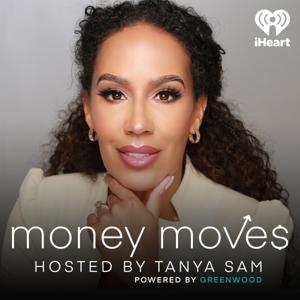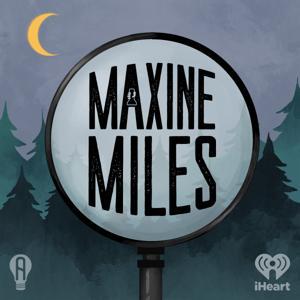Vincent Ogé was a free man of color in Saint-Domingue, or modern-day Haiti, in the mid- to late-18th century. He petitioned for the rights of wealthy free men of color – a class distinct from free Black slaves – but he upheld the institution of slavery. Ogé was not a revolutionary, and it’s hard to know the degree to which self-preservation, internalized racism and white supremacy, classism, ego, and compassion informed his decisions, separately. But his activism and sensationalized execution set the stage for the extension of rights to free men of color and heralded the uprising of enslaved people in Saint-Domingue.
His resistance isn’t a model to follow to a T. It was exclusionary and executed at the expense of more marginalized and mistreated people, under the specific circumstances of that time. What Ogé did do was challenge racist colonial practices and advocate for the civil rights of an exclusive group of people of color. The question is, how can we put our specific privileges and powers to work in a meaningful way?
Follow Unpopular on social media!
Twitter: @_unpopularshow
Instagram: @unpopularshow
Facebook: @ThisIsUnpopular
Send your thoughts and comments to [email protected].
Learn more about your ad-choices at https://www.iheartpodcastnetwork.com
See omnystudio.com/listener for privacy information.









































